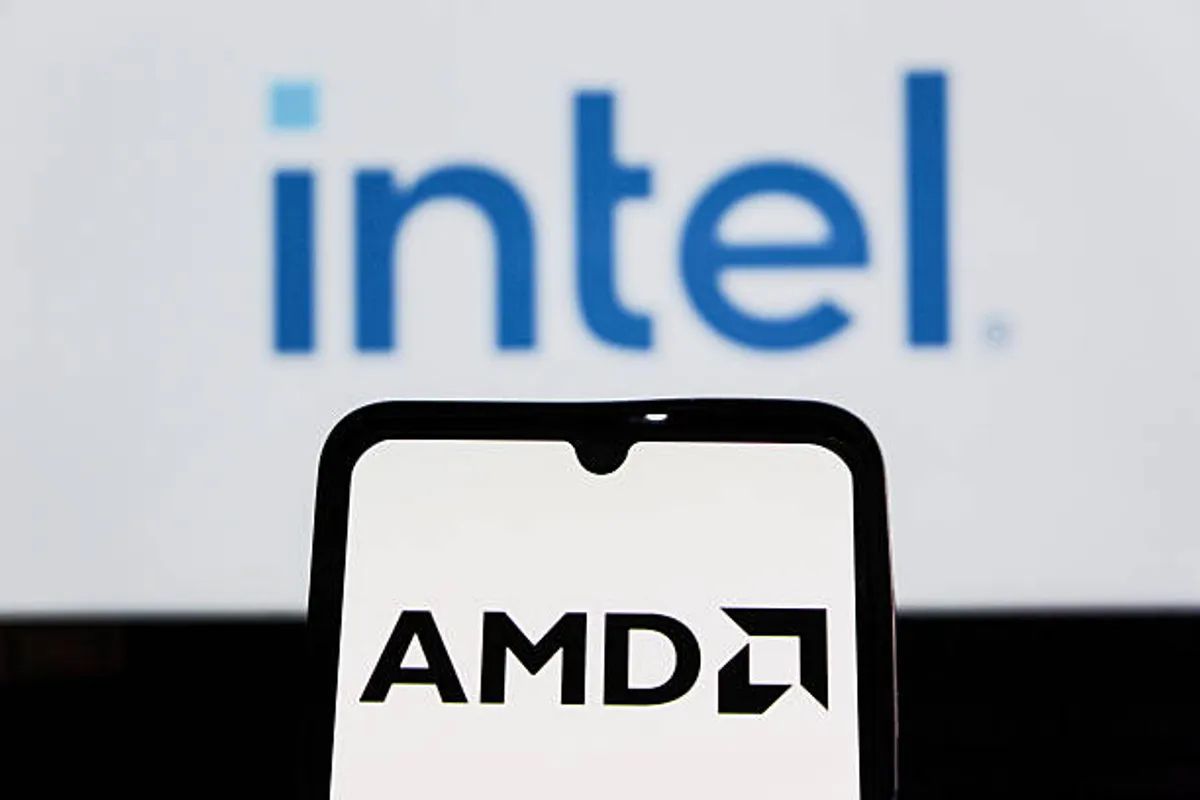Adeia Files Lawsuit Against AMD, Alleges Infringement of Key Semiconductor Patents

GeokHub

Technology licensing company Adeia has filed two lawsuits against Advanced Micro Devices (AMD), accusing the chipmaker of infringing ten patents related to semiconductor design and advanced manufacturing technologies.
The legal actions, lodged in a Texas federal court, center on innovations that power high-performance computing and AI chips. Adeia claims AMD’s processors, including those built with the company’s 3D V-Cache design, make use of patented methods without authorization.
The patents in question reportedly cover hybrid bonding, interconnect structures, and advanced process node technologies — critical components that enable modern chips to deliver faster speeds and better energy efficiency.
Adeia is seeking both monetary compensation and a permanent injunction to stop AMD from using the disputed technologies. However, the company says it remains open to a licensing settlement if AMD agrees to negotiate. As of now, AMD has not issued a formal response to the lawsuit.
The case underscores the growing tension in the global semiconductor sector, where patents and intellectual property have become powerful competitive weapons.
For Adeia, the lawsuit is more than a legal battle — it’s part of its strategy to assert control over critical chip technologies and secure steady licensing revenue. The company has a long record of defending its IP portfolio, and a win could strengthen its position as a key gatekeeper in semiconductor innovation.
For AMD, the lawsuit introduces potential risks. Even if the company ultimately prevails, prolonged litigation could delay future product releases or force costly design changes. A settlement might be faster, but could also result in significant royalty payments.
This development also sends a signal to the wider chip industry — as AI, 3D packaging, and advanced node designs grow more complex, so too will patent disputes. Intellectual property is now as important to chip dominance as fabrication capacity and raw performance.








